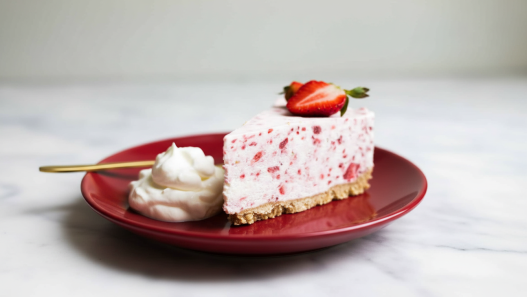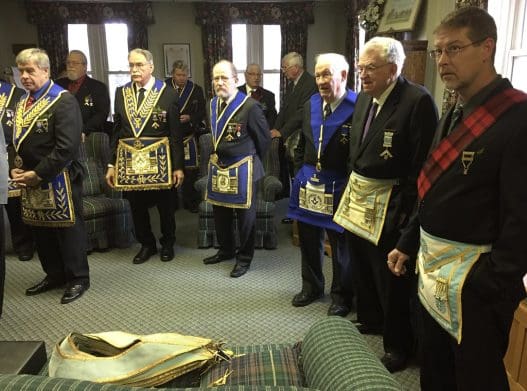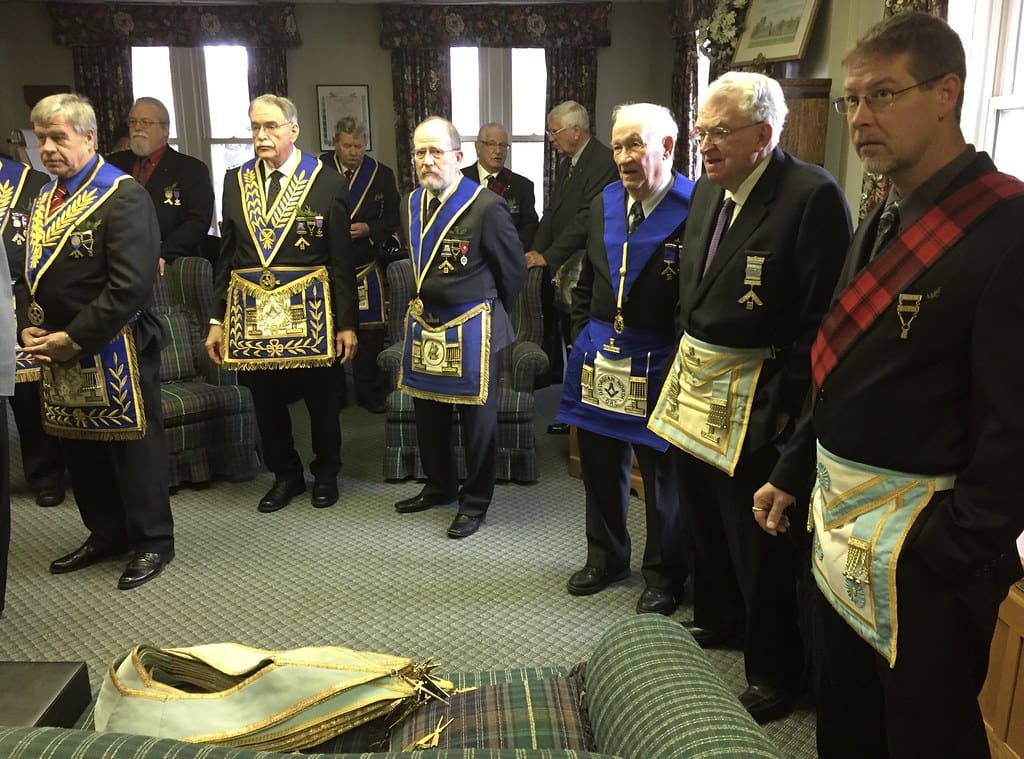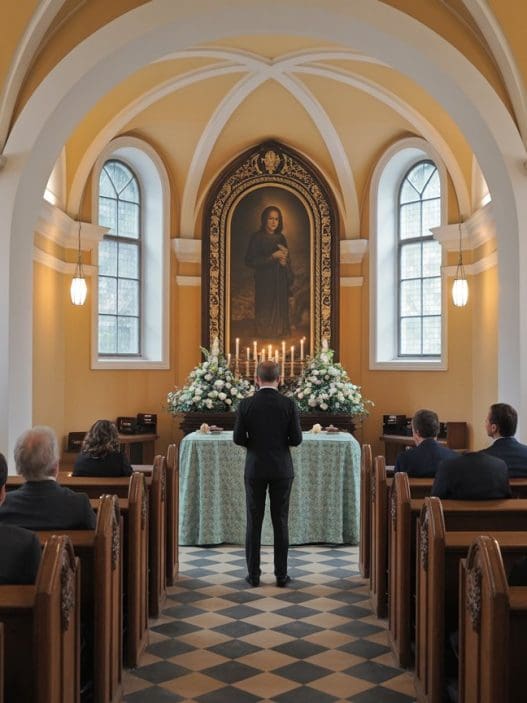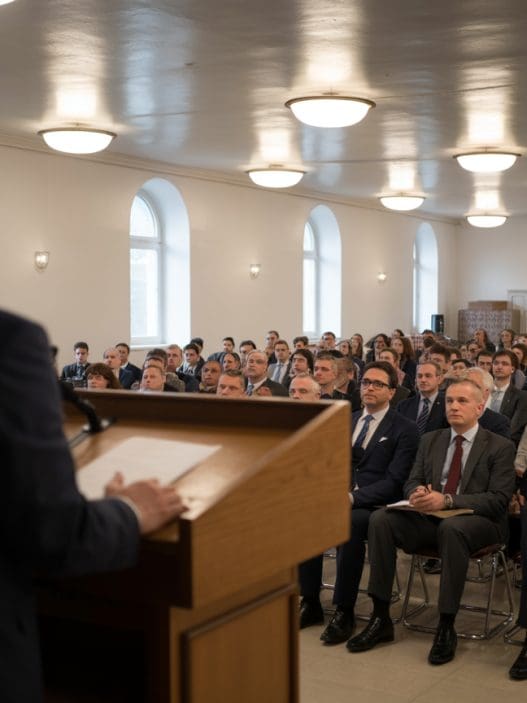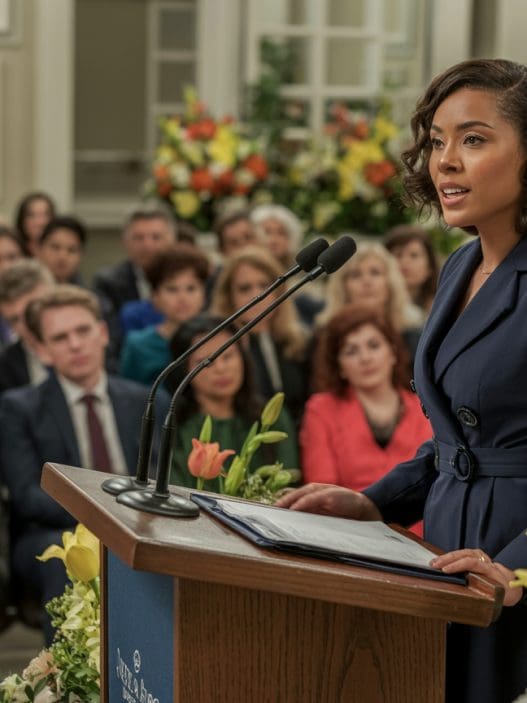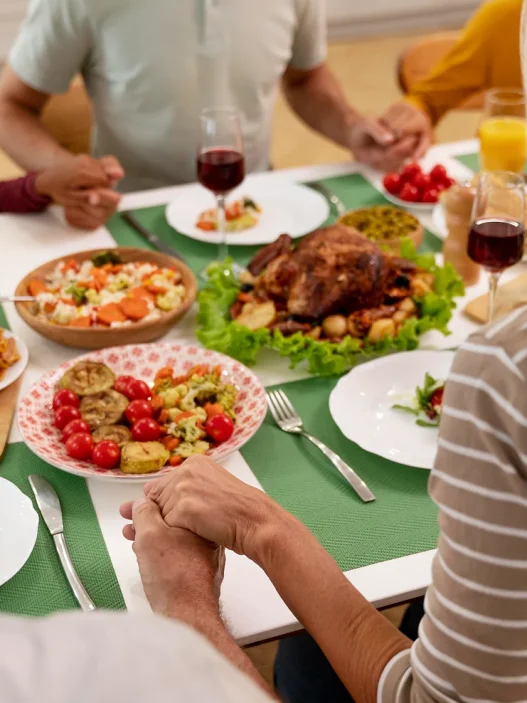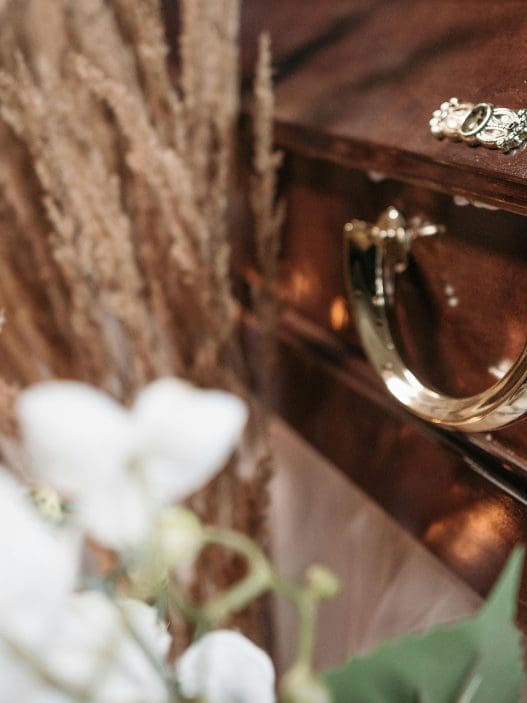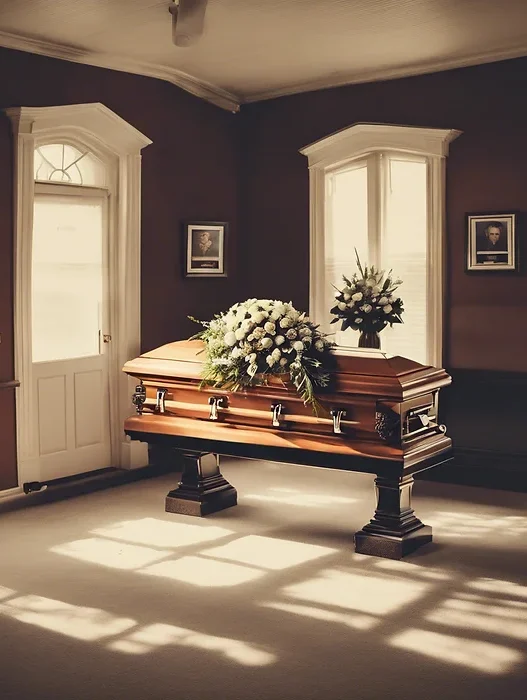Planning a funeral can be overwhelming, especially when you are trying to honor specific traditions. For families connected to Freemasonry, Masonic funeral services offer a dignified and symbolic way to say goodbye. These ceremonies are rich in meaning, with unique customs that reflect the values and brotherhood of the Masonic order.
Masonic funerals are not widely understood outside the fraternity, which can create confusion during a time of grief. This guide explains everything you need to know about Masonic funeral services: who can receive them, what happens during the ceremony, how it differs from traditional funerals, and how families can plan one. Whether your loved one was a lifelong Mason or you are simply curious about the tradition, this guide offers a clear and practical overview.
What Is a Masonic Funeral?
Masonic funeral services are special ceremonies conducted by Freemasons to honor a deceased member of the fraternity. These services blend traditional funeral elements with Masonic rites, symbols, and language. They are often held in addition to, or as part of, a religious or civil funeral.
Masonic funerals emphasize virtue, brotherhood, and the immortality of the soul. They are non-denominational but spiritual in tone. The service is usually performed by the Master of the Lodge or a designated funeral chaplain and attended by fellow Masons in regalia.
Key Features of Masonic Funeral Services
- Performed by lodge members at the request of the deceased or family
- Open to the public, although some parts may remain private
- Includes symbolic rituals, such as the white apron and sprig of acacia
- Focuses on Masonic teachings rather than religious doctrine
These services are deeply meaningful to Masons and their families, and they serve as a final tribute to the deceased’s character and values.
Who Can Receive a Masonic Funeral?
Masonic funerals are reserved for Master Masons in good standing. That means the deceased must have achieved the third degree of Freemasonry and remained active or in good standing with a recognized lodge.
Eligibility Criteria for Masonic Funeral Services
- The deceased must have been a Master Mason
- The funeral must be requested by the family or pre-arranged by the Mason
- The local lodge must approve and coordinate the ceremony
In cases where the deceased was inactive or not in good standing, some lodges may still consider performing a service, but this is up to the discretion of the lodge leadership and based on Masonic code.
How a Masonic Funeral Service Is Structured
Masonic funeral services follow a specific ritual that has been passed down through generations. The structure may vary slightly between jurisdictions, but the core components remain the same. The ceremony is symbolic, respectful, and centered on the idea of the soul’s journey beyond this life.
Pre-Ceremony Planning
Before the service, the Worshipful Master or funeral chaplain will meet with the family. They’ll explain what to expect and gather information about the deceased. The family can choose whether to hold the Masonic service alongside a traditional religious funeral or as a separate event.
Key preparations include:
- Selecting a location (funeral home, cemetery, or lodge)
- Confirming dress code and regalia
- Preparing Masonic symbols (apron, white gloves, acacia)
The Ritual Ceremony for Masonic Funeral Services
The ceremony typically includes the following elements:
- Opening statements that explain the purpose and meaning of the service
- Readings from Masonic texts or moral teachings
- Presentation of the apron, symbolizing purity and labor
- Sprig of acacia, representing immortality of the soul
- Final tribute, where Masons place acacia near the casket
The ritual may also include a brief eulogy, prayers, or reflections. The overall tone is solemn, respectful, and focused on personal virtue.
Common Symbols in Masonic Funeral Rites
Masonic funeral services use several key symbols to convey their message. These symbols are not just ceremonial but carry deep meaning for those within the fraternity. Understanding them can help families and guests better appreciate the experience.
White Lambskin Apron
The white apron is one of the most important symbols in Freemasonry. It represents purity, innocence, and the honorable life the Mason has lived. During the funeral, the apron is either placed on the casket or buried with the body.
Sprig of Acacia
This evergreen branch symbolizes immortality. Masons believe the soul continues its journey after death, and the acacia serves as a reminder of that eternal life. It is often placed gently on the coffin by members during the final tribute.
Square and Compass
This well-known symbol is often displayed at Masonic funerals. It represents moral discipline and the balance between spiritual and earthly matters. It may be printed on the funeral program, engraved on the headstone, or worn as part of the Masons’ regalia.
What to Expect as a Family Member or Guest
If you are attending a Masonic funeral for the first time, you may notice differences compared to traditional religious services. Knowing what to expect can help you feel more comfortable and respectful during the ceremony.
Seating and Structure
Masonic funerals are often open to the public, including non-Masons. You’ll typically be seated separately from Masonic members, who may be dressed in black suits with aprons and white gloves. They may walk in procession or stand in a semi-circle during parts of the service.
Behavior and Participation
While guests do not participate in the ritual itself, they are encouraged to observe quietly and respectfully. Silence is observed during key moments, and applause is never appropriate. Some ceremonies may include a moment for guests to pay final respects.
How to Arrange a Masonic Funeral
If your loved one was a Mason, you can request a Masonic funeral through their local lodge. Planning the service requires coordination between the family, funeral home, and Masonic leadership. The process is straightforward but needs to be initiated early, ideally within the first few days after death.
Contact the Lodge Immediately
Reach out to the lodge where your loved one was a member. They will assign a Funeral Master or Chaplain who will guide you through the process. Provide information about the deceased’s Masonic standing and any pre-arrangements that were made.
Coordinate with the Funeral Director
Your funeral home must be informed that a Masonic component is part of the service. The funeral director can help set up the venue, manage time slots, and coordinate space for rituals and symbols. Make sure to allocate time in the service program for the Masonic portion, which typically lasts 15 to 30 minutes.
Include Masonic Elements in the Obituary
Many families choose to mention the Masonic service in the obituary. You can include lines like “Masonic rites will be held at…” or “Brother [Name] was a Master Mason of [Lodge Name] No. [Number].” This helps inform fellow Masons and honor the deceased’s involvement.
Modern Variations and Diverse Scenarios
As Freemasonry has grown more inclusive, modern Masonic funerals may adapt to different cultural, religious, or personal circumstances. While the core rites remain, some adjustments can be made to reflect the diversity of today’s Masonic community.
Interfaith Families
Masonic services can be held alongside any religious service. For example, a Jewish, Christian, Muslim, or secular ceremony can be combined with Masonic rites. The two components are usually held back-to-back or interwoven respectfully.
Cremation and Non-Traditional Settings
Masonic funerals can accommodate cremation. In these cases, the ceremony is often performed at a memorial or scattering service rather than at a burial. Services can also be held at non-religious venues, such as community centers or even outdoors.
Women and Eastern Star Funerals
While traditional Masonic funerals are for men, female members of the Order of the Eastern Star may also receive similar honors. These services follow slightly different rites but share the same emphasis on virtue and remembrance.
Masonic funeral services offer a deeply respectful way to honor a Mason’s life and legacy. They focus on personal character, brotherhood, and the journey of the soul, using centuries-old symbolism that speaks to the heart of Freemasonry. By understanding what to expect and how to plan, families can ensure a meaningful and smooth experience during a difficult time.
If your loved one was a Mason, consider reaching out to their lodge to discuss how you can honor their memory through these powerful and time-honored traditions.






